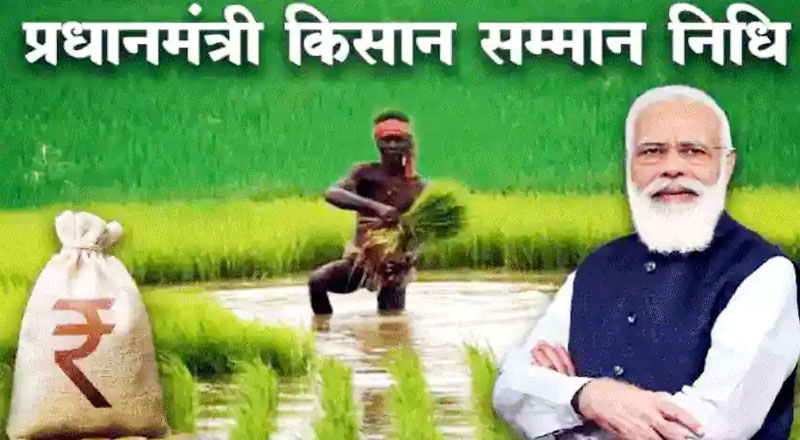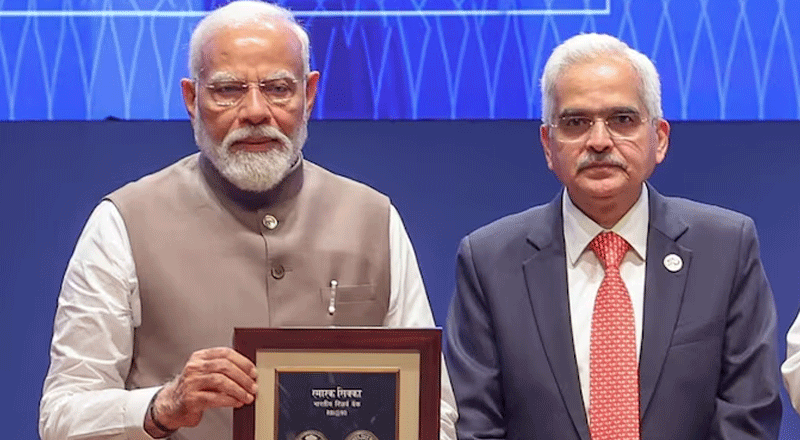New Delhi Emphasising that farmers welfare and agriculture development is the top priority of the government, Prime Minister Narendra Modi on Friday said as he announced the repealing of the three Central farm laws. Addressing the nation, Prime Minister said,
“When the country gave us the opportunity to serve as Pradhan Sevaks in 2014, we gave top priority to agricultural development and farmer welfare. Many people are unaware of the truth that 80 per cent are small scale farmers who have less than 2 hectares of land and are over 10 crores in population. This piece of land is their survival.”
“To overcome the challenges of the small farmers of the country, we worked all-round on seeds, insurance, markets and savings. Along with good quality seeds, the government also connected the farmers with facilities like neem coated urea,
soil health card and micro-irrigation. Many steps were also taken for the farmers to get the right price for their produce in return for their hard work. The country strengthened its rural market infrastructure,” he stated. He said the government not only increased the MSP (Minimum Support Price) but also created record government procurement centres.
“We worked to provide farmers with seeds at reasonable rates and facilities like micro-irrigation, 22 crore soil health cards. Such factors have contributed to increased agriculture production.
We strengthened Fasal Bima Yojana, brought more farmers under it,” PM Modi said. Prime Minister said procurement by the central government broke the record of the past several decades. Farmers have been protesting the government’s three farm laws since the Centre had passed the Farmer’s Produce Trade and Commerce (Promotion and Facilitation)
Bill, 2020, and the Farmers (Empowerment and Protection) Agreement of Price Assurance and Farm Services Bill, 2020.
The three farm laws are– The Farmers’ Produce Trade and Commerce (Promotion and Facilitation) Act provides for setting up a mechanism allowing the farmers to sell their farm produces outside the Agriculture Produce Market Committees (APMCs). Any licence-holder trader can buy the produce from the farmers at mutually agreed prices.
This trade of farm produces will be free of mandi tax imposed by the state governments. The Farmers (Empowerment and Protection) Agreement of Price Assurance and Farm Services Act allows farmers to do contract farming and market their produces freely.
The Essential Commodities (Amendment) Act is an amendment to the existing Essential Commodities Act. (MANISH)





